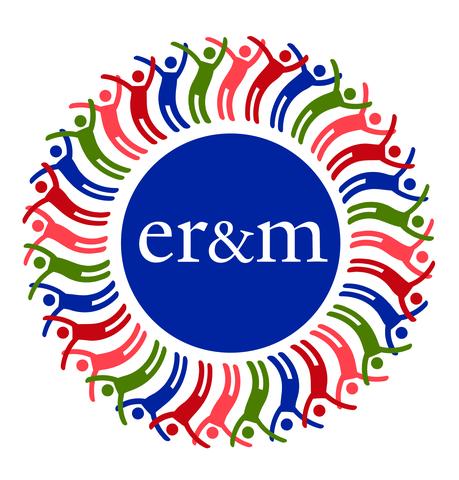
The construction of the Panama Canal is typically viewed as a marvel of American ingenuity. What is less understood is the project’s dependence on the labor of Black migrant women. The Silver Women argues that Black West Indian women made the canal construction possible by providing the indispensable everyday labor of social reproduction. They built a provisioning economy that fed, housed, and cared for the racially segregated workforce, in effect subsidizing the construction effort and its racial calculus. But while also subject to this discrimination, West Indian women found ways to subvert the legal, moral, and economic parameters imperial authorities sought to impose on Black migrant laborers. This talk tracks Black women’s important labor of social reproduction, while also excavating their strategies of claims-making, kinship, community building, and market adaptation that helped them navigate the contradictions and violence of U.S. empire.
Bio: Joan Flores-Villalobos is an Assistant Professor of History at the University of Southern California and received her Ph.D. from New York University in African Diaspora History. Her work focuses on gender, empire, race, and capitalism in Latin America and the Caribbean and has received support from the Ford Foundation and the Institute for Citizens and Scholars.